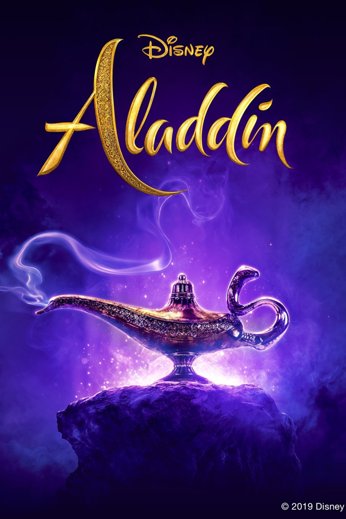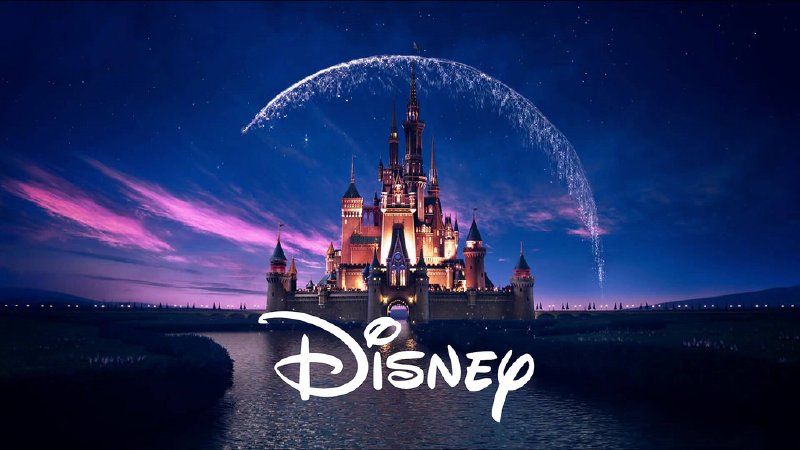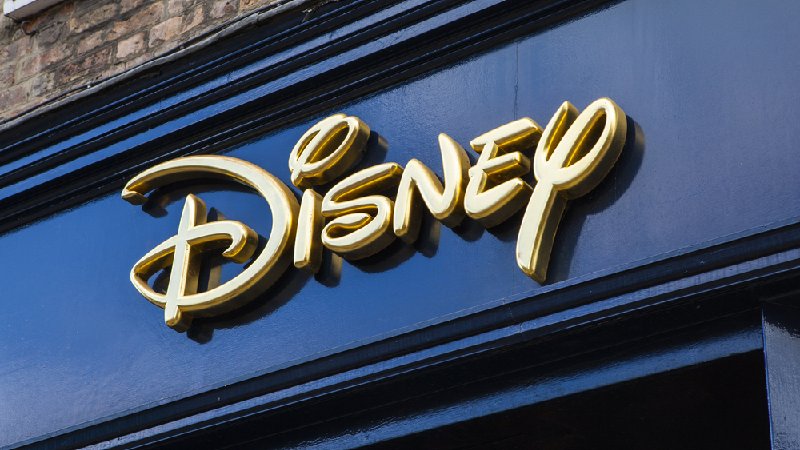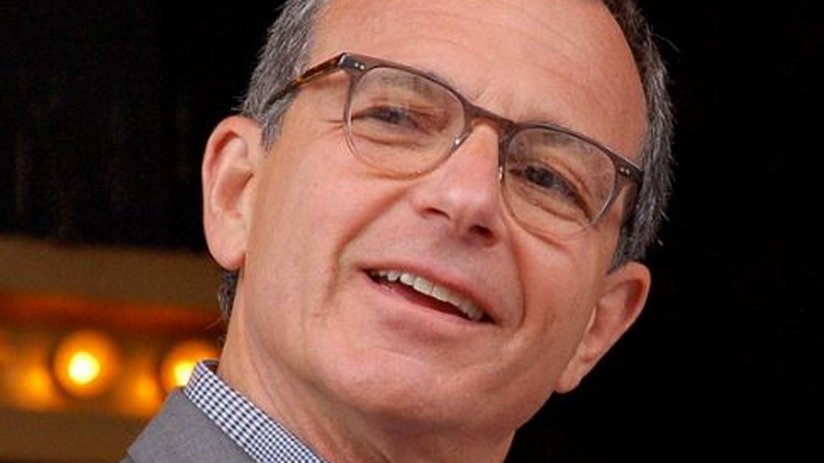
-
HOME
-
WHAT IS STANDOur Mission Our Values Our Help Contact
-
WHAT WE FIGHT FORReligious Freedom Religious Literacy Equality & Human Rights Inclusion & Respect Free Speech Responsible Journalism Corporate Accountability
-
RESOURCESExpert Studies Landmark Decisions White Papers FAQs David Miscavige Religious Freedom Resource Center Freedom of Religion & Human Rights Topic Index Priest-Penitent Privilege Islamophobia
-
HATE MONITORBiased Media Propagandists Hatemongers False Experts Hate Monitor Blog
-
NEWSROOMNews Media Watch Videos Blog
-
TAKE ACTIONCombat Hate & Discrimination Champion Freedom of Religion Demand Accountability
All Hail Aladdin
With a deft slash of his cinematic scimitar, Director Guy Ritchie, along with film crew and producer Disney Productions, dealt a blow to Hollywood stereotyping of Arabs that should ripple through the industry for generations and hopefully for keeps.

Money talks, and if its Number One box office ranking is any indication, the Disney live-action remake of the 1992 cartoon feature Aladdin should lay to rest any doubts that a feature comprised of actors of color and ethnic diversity can compete in the A-list marketplace.
The former Aladdin incarnation lazily followed the Hollywood clichés of the Arab as strange, barbaric and immoral. The Disney villain, Jafar, was drawn in the usual “evil Arab” template—swarthy, sinister-eyed, mustachioed, exaggerated facial features—whereas Aladdin and lady love Princess Jasmine are distinctly “American” in appearance and voice.
The very opening lyric to the original story signaled that this would be a catalog of your old familiar prejudices:
Oh, imagine a land, it’s a faraway place
Where the caravan camels roam,
Where they cut off your ear if they don’t like your face,
It’s barbaric, but, hey, it’s home.
After protests from Arab-American groups, Disney changed the last two lines of the lyric for the video release to:
Where it’s flat and immense, and the heat is intense
It’s barbaric, but, hey, it’s home.
Finally, for the live-action remake, barbaric has been replaced with chaotic:
Oh, imagine a land, it’s a faraway place
Where the caravan camels roam
Where you wander among every culture and tongue
It’s chaotic, but, hey, it’s home.
A definite improvement. Additionally, the film crew took their good old time, casting their casting net wide to find actors appropriate to the ethnicity of a film with an Arab setting. They succeeded admirably. Witness:
An Egyptian-Canadian, Mena Massoud, as Aladdin
An Anglo-Indian, Naomi Scott, as Jasmine
A Dutch-Tunisian, Marwan Kenzari, as Jafar.
Iranian-Americans Navid Negahban and Nasim Pedrad as the Sultan and Dalia.
A Turkish-German, Numan Acar, as Hakim.
The film also features an updated version of the song “Prince Ali,” where Will Smith refers to “Friday salaam” instead of “Sunday salaam.”
Add to the blend Philadelphian Will Smith as the Genie (some would say Philly, too, qualifies as an exotic land) and you have a formula for success.
Aladdin actor Mena Massoud is himself no stranger to prejudice. As practicing Coptic Christians, Mena’s family fled their native Egypt to escape persecution, settling in Toronto.
The film also features an updated version of the song “Prince Ali” where Will Smith refers to “Friday salaam” instead of “Sunday salaam.” This change occurred because Friday is the Muslim holy day and was incorrect in the 1992 movie.
To be sure, the film-makers and Disney didn’t get things 100%. Reports leaked from production sources that the film used brown body paint for white extras to appear Arabic. Also everyone has a non-American accent except the young leads and the Genie, a convention which harkens back to the likes of Ben-Hur, Spartacus and other lavish period epics of the 1950s and 1960s wherein with few exceptions the good guys (Spartacus, Judah Ben-Hur, etc.) all were Americans and the bad guys (Romans generally) were British or at least had some sort of accent, as did funny characters, elderly sages, and random “local color.”
But all in all, I give this Aladdin high marks for trying to do the right thing, and for being highly entertaining to boot.
Credit Where Credit Is Due Department: Well done, Disney.









